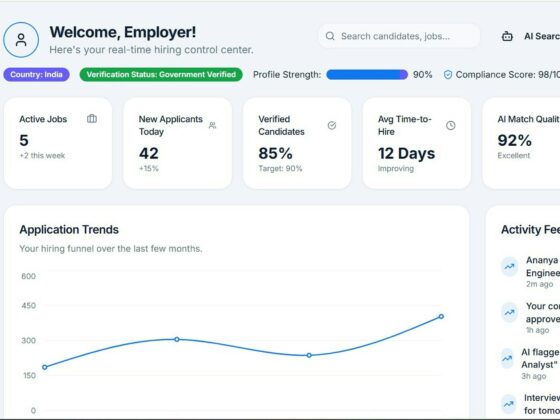
More than half of UK business travellers (52%) are concerned about becoming victims of a cyber-attack, according to a survey by global travel risk management company, World Travel Protection.
This number rises to 62% for frequent travellers (travelling monthly). Globally, these concerns are higher, with 60% of all business travellers and 70% of frequent travellers expressing their concern about cyber threats.
The Opinium survey that canvassed 2000 business travellers in the UK, the US, Canada and Australia revealed that UK organisations are lagging their international counterparts when it comes to addressing cybersecurity risks.
One in four UK business travellers (25%) says their organisation does not ask them to take any cybersecurity measures when travelling, compared with the US (10%), Canada (9%) and Australia (11%).
The most common cybersecurity measures required by organisations include installing anti-virus software (22% UK vs 27% globally), setting up two-factor authentication (21% UK vs 27% globally), using VPNs on mobile devices (20% UK vs 24% globally) and avoiding unsecured Wi-Fi hotspots (19% UK vs 23% globally).
UK companies are also trailing international organisations on several other essential precautions – fewer are failing to back-up data to prevent loss (15% UK vs 24% globally), strip devices of sensitive files (11% UK vs 14% globally), disable location sharing (12% UK vs 17% globally), use a laptop screen protection (14% UK vs18% globally) or use biometric security features like facial recognition or fingerprints (11% UK vs 17% globally).
Furthermore, the survey showed that companies are not providing cybersecurity training (17% UK vs 20% globally) to their travelling teams.
The rise in hybrid work and ‘bleisure’ (business-leisure) travel further complicates cybersecurity risks.
Nearly one in five (18%) UK business travellers say they are permitted to “work from anywhere,” rising to almost one in four globally (24%).
Additionally, 16% of UK business travellers planned to combine a business trip with a holiday this year, which could increase the risk of exposing sensitive company data to potential cyber threats.
Kate Fitzpatrick, Security Director, EMEA, at World Travel Protection said: “When stealing data is significantly more lucrative than pickpocketing a wallet, organisations need to move beyond just thinking about their travelling teams’ physical safety.
“Organisations have a responsibility to protect their employees and company information from cyber threats, yet too many UK businesses are lagging in implementing basic security measures.”








